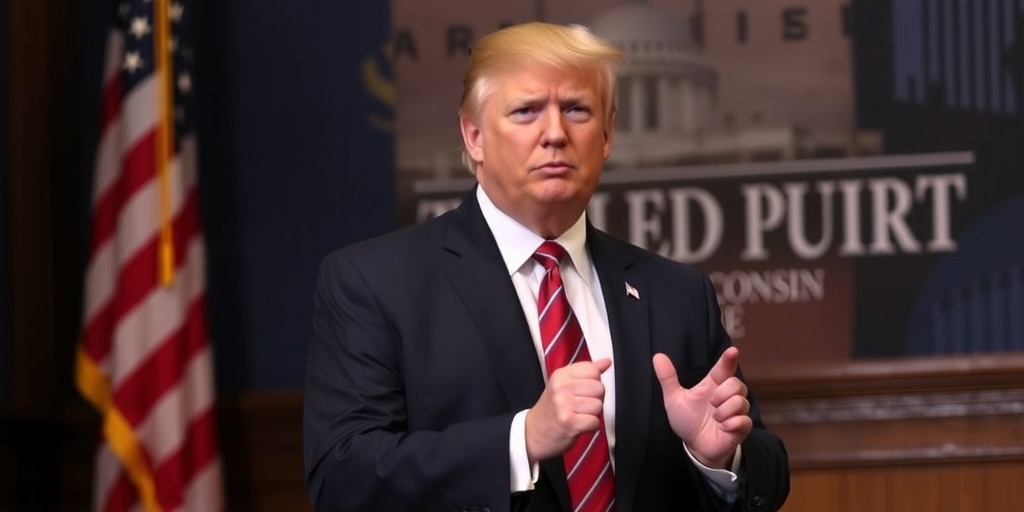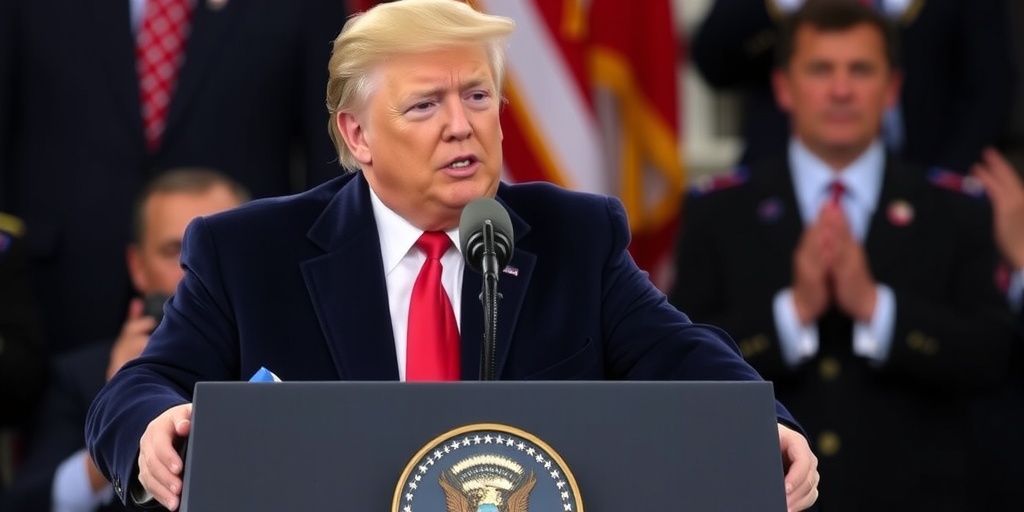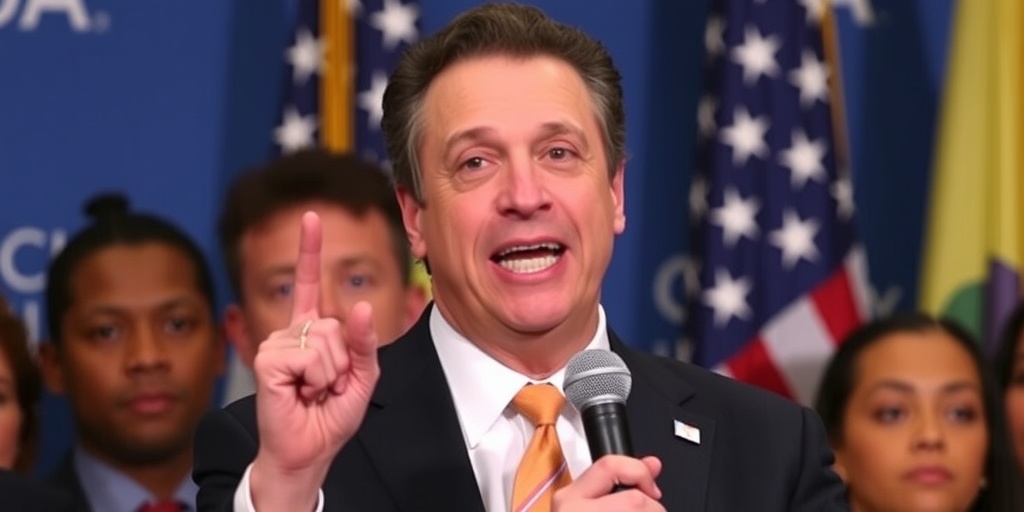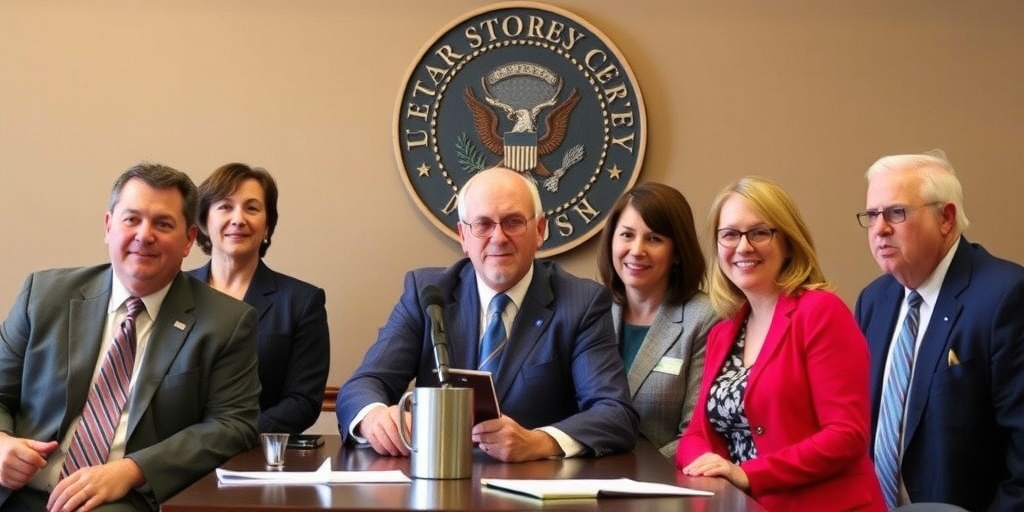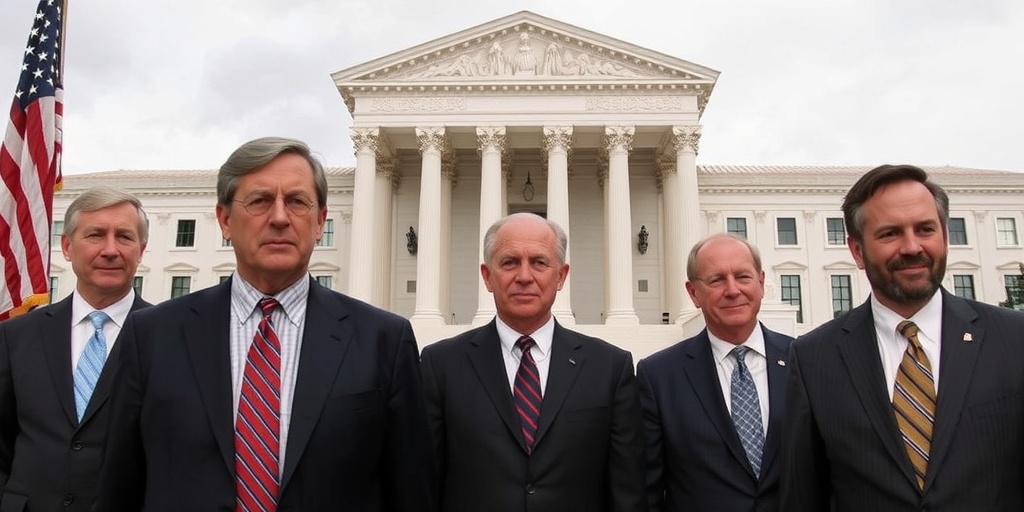Now Reading: U.S. and Russia to Discuss Restoration of Embassy Staffing
-
01
U.S. and Russia to Discuss Restoration of Embassy Staffing
U.S. and Russia to Discuss Restoration of Embassy Staffing
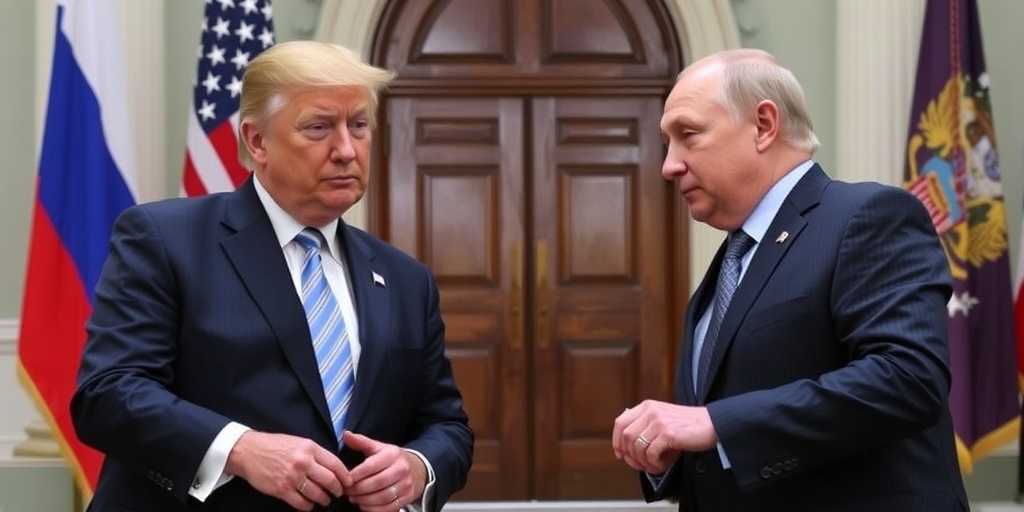
In a significant development in international diplomacy, U.S. and Russian officials are set to convene in Istanbul on Thursday. This meeting aims to address crucial issues that have strained diplomatic relations between the two nations, as announced by Russian Foreign Minister Sergey V. Lavrov on Wednesday. The ongoing diplomatic tensions have been exacerbated by years of retaliatory actions, including the expulsion of diplomats and severe restrictions on operations at embassies in both countries.
For an extended period, the U.S. Embassy in Moscow and the Russian Embassy in Washington have been operating with drastically reduced staffing levels. These limitations stem from a series of expulsions of diplomats, which have narrowed their capacity to engage effectively in diplomatic activities and communicate with each other. The embassies have also been plagued by frequent protests, indicating a broader public sentiment that influences diplomatic interactions.
Lavrov’s announcement comes amidst a broader context of shifting dynamics between the U.S. and Russia, which have historically maintained an adversarial relationship. Last week, negotiators from both sides met in Riyadh, Saudi Arabia, marking the most extensive discussions in years. During these conversations, both nations committed to cooperating on key issues, including strategies to end the ongoing war in Ukraine, exploring economic partnerships, and the aspiration to re-establish normal diplomatic relations.
During a recent visit to Doha, the capital of Qatar, Lavrov indicated that the forthcoming meeting in Istanbul would focus on “systemic problems” arising from the reciprocal restrictions placed on embassy activities over the years. He emphasized that the dialogue would encompass the challenges both nations face and work towards finding common ground to resolve these issues.
“A meeting on this matter will take place tomorrow in Istanbul,” Lavrov said, highlighting the significance of this dialogue. He underscored that the outcomes of this meeting would provide insights into the pace and effectiveness of any future progress in U.S.-Russia relations. This evaluation will serve as a litmus test for how swiftly both Washington and Moscow can address and potentially resolve other pressing matters on their diplomatic agendas.
The renewed discussions between the U.S. and Russia come at a time when the geopolitical landscape is shifting, particularly concerning the ongoing conflict in Ukraine. There are growing concerns among Ukraine and American allies in Europe regarding President Trump’s previous rapprochement with Moscow, which some perceive as a potential threat. As such, the outcomes of the upcoming meeting could have far-reaching implications not only for U.S.-Russia relations but also for broader international stability.
The meeting in Istanbul represents a critical juncture in the diplomatic relations between the two nations as they seek to navigate through a complex set of challenges. Historically, U.S.-Russia interactions have been marred by a lack of trust and mutual suspicion, particularly since the annexation of Crimea in 2014 and subsequent developments in Ukraine. However, recent efforts to engage in dialogue indicate a possible shift in approach, with both sides expressing a desire to explore avenues for collaboration.
In addition to discussing embassy operations and staffing concerns, it is expected that the talks will touch on various other issues impacting bilateral relations, including arms control agreements, cybersecurity threats, and energy cooperation. The meeting’s outcomes could provide a framework for establishing a more stable and predictable relationship moving forward.
The implications of these discussions extend beyond just the two countries involved. The international community is closely monitoring the developments, as the outcomes could influence global security dynamics and economic relationships. Therefore, the Istanbul meeting stands as a vital opportunity for both the U.S. and Russia to reassess their positions, address longstanding grievances, and potentially pave the way for a more constructive dialogue in the future.
In summary, as U.S. and Russian diplomats prepare to meet in Istanbul, the world watches to see if this encounter will yield meaningful progress in resolving ongoing issues that have long hindered their diplomatic missions. With both nations committed to finding solutions, the stakes are undeniably high, not just for their bilateral relations, but for global peace and stability as well.
Stay Informed With the Latest & Most Important News
Previous Post
Next Post
-
 01New technology breakthrough has everyone talking right now
01New technology breakthrough has everyone talking right now -
 02Unbelievable life hack everyone needs to try today
02Unbelievable life hack everyone needs to try today -
 03Fascinating discovery found buried deep beneath the ocean
03Fascinating discovery found buried deep beneath the ocean -
 04Man invents genius device that solves everyday problems
04Man invents genius device that solves everyday problems -
 05Shocking discovery that changes what we know forever
05Shocking discovery that changes what we know forever -
 06Internet goes wild over celebrity’s unexpected fashion choice
06Internet goes wild over celebrity’s unexpected fashion choice -
 07Rare animal sighting stuns scientists and wildlife lovers
07Rare animal sighting stuns scientists and wildlife lovers













